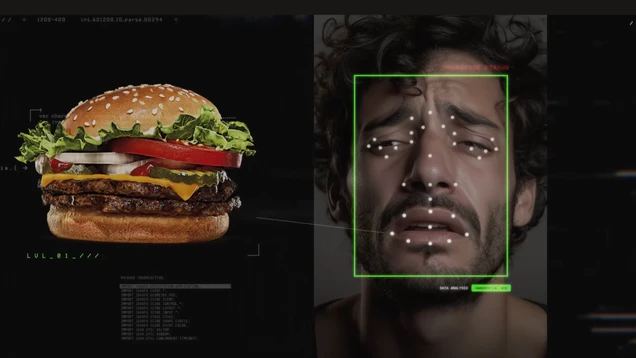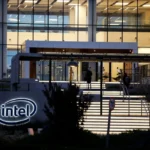Burger King’s Facial Recognition Hangover Discount: A Dubious Marketing Stunt
Burger King Brazil recently launched a marketing stunt named the “Hangover Whopper,” utilizing facial recognition technology to assess customers’ hangover levels and distribute corresponding discounts. The campaign, which leverages the convergence of surveillance and fast-food, has sparked a debate on privacy, accuracy, and ethical implications.
The Orwellian Gimmick Unveiled
The campaign’s unveiling introduced the fusion of surveillance technology and promotional tools in the form of a face-scanning program that provides discounts based on the perceived hangover levels of customers during the holiday season. This move plunges into a somewhat dystopian setting, transforming intrusive technology into a cutesy marketing ploy.
Flawed Recognition Technology
Facial recognition technology, while increasingly prevalent, is not without its flaws. Studies have shown its inconsistency in accurately identifying faces of non-white individuals and women. Additionally, its deficiencies extend to misinterpretation of emotions and traits, raising serious doubts about its ability to evaluate hangover symptoms accurately.
Ethical Concerns and Privacy Considerations
The intersecting domains of surveillance technology and consumer marketing raise fundamental questions about privacy and ethical boundaries. Deploying facial recognition as a promotional tool prompts concerns about the exploitation of personal data and potential privacy breaches. Furthermore, the issue of consent and the use of facial images for non-consented purposes adds complexity to the ethical debate.
The Accuracy Dilemma
The Hangover Whopper’s advertising campaign may exaggerate the facial recognition technology‘s capability by promoting it as a hangover assessment tool. The intricacies of hangover symptoms and their correlation with facial features suggest that the technology‘s accuracy in this context may be dubious at best. The pseudo-scientific nature of the hangover assessment raises legitimate doubts about its reliability and practical utility.
Privacy Policies and Data Handling
With the collection of facial images as an integral part of the promotional campaign, concerns about data privacy and adherence to ethical data handling practices come to the forefront. Burger King’s assurance of non-sharing and limited use of customer photos might alleviate immediate fears but fails to address the potential long-term implications and the deletion of sensitive data.
Social and Legal Implications
The introduction of pervasive surveillance technology into consumer interactions signals a paradigm shift with societal and legal implications. Questions about the acceptable boundaries of technology intrusion into personal spheres and potential legal ramifications related to data misuse and privacy breaches loom large in this context.
Conclusion: Balancing novation/ target=”_blank”>Innovation and Ethics
The assimilation of facial recognition technology into consumer marketing endeavors presents an opportunity to deliberate on the ethical underpinnings of such integration. While the campaign showcases innovative intersections of technology and promotion, it also underscores the critical need for conscientious ethical considerations, data privacy safeguards, and accuracy assessments in deploying facial recognition in consumer-facing initiatives. As technology continues to weave into the fabric of everyday interactions, a balanced and ethical approach becomes imperative, ensuring the protection of individual privacy and the preservation of trust in commercial innovations.
Source: gizmodotech








No Comments